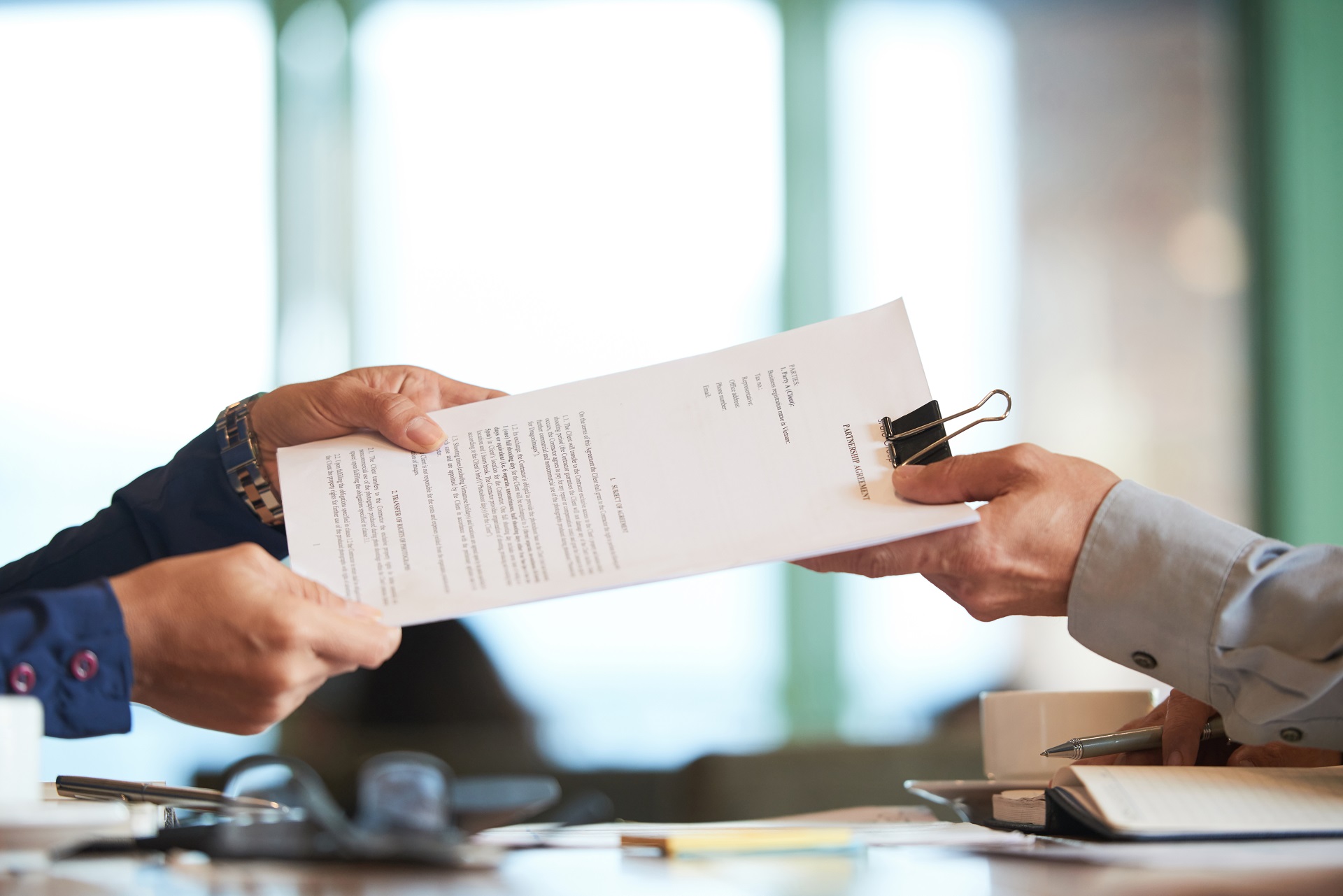Basics for Buying Your First Home
When buying your first home, you need to know several things to qualify and make it a smooth process. We have compiled a list of questions and answers to help you with the home buying process.
1. What kind of credit score do I need to have?
One of the most important things is your credit score. You will need to know what is considered a good credit score and how to improve your credit score if necessary. Generally, 630 or above is what you’ll want to have. The better your score, the better the terms will be on your loan. Some lenders may give you wiggle room on this, but it depends on the circumstances. A loan professional can help you navigate this as you go.
2. What’s the first step to home buying?
Another critical factor is how much you can afford to spend on a home. Be sure to get pre-approved for a mortgage loan to know how much you can borrow. Once you know how much you can afford, start looking for homes in your price range. To find this out, you will need to get pre-approved for a mortgage. Don’t shop for a home until you know what you can afford. Remember to factor in the cost of maintenance and repairs when budgeting for your new home. There’s no use in falling in love with a $300,000 home in your dream neighborhood if the banks will only write you a loan of $150,000.
3. How much down payment is required?
Some loans will let you in for as low as 3% – 5% of the home’s value, but I would consider 5% the floor. The higher the down payment, the better, especially if your credit isn’t optimal. Working with a loan officer will help.
Now, if you can put 20% down, there are benefits. You will have a smaller monthly mortgage payment and a lower interest rate and will not need private mortgage insurance. Plus, you will need to prepare for closing costs and fees associated with buying a home. These can add up, so factor them into your budget.
There are a few key things to remember when saving for a down payment to buy a home.
- First, start early and be patient. It takes most people several years to save up enough money for a down payment, so don’t expect to come up with the funds overnight.
- Where are you spending your money? Find out where your money goes. Track each expenditure, even your cash, to see where you are spending your money and reveal where you can trim to save toward a down payment.
- Setup a separate savings account. Have a different account with a “hands-off” attitude. Don’t let your dream home money mingle with your regular checking or savings account.
- Pretend you already have a house payment. Once you determine the approximate amount of a new house payment, start making that payment now. Instead of paying a mortgage, pay your savings account.
4. How much do I have to pay my real estate agent?
As a buyer, you don’t have to pay your real estate agent. The seller is responsible for listing fees, and your agent will receive a portion of those fees for helping with the transaction. Don’t worry, this cost is usually factored into the price of the home.
5. Why should I use a real estate agent?
Real estate agents can be beneficial when purchasing a home, especially for first-time buyers. An experienced agent will know the ins and outs of the home buying process and can offer guidance and advice. In addition, a good agent will be familiar with the local market and help negotiate the best possible price for your new home. Using an agent can help make the home buying process much less stressful and ensure that you end up with the home of your dreams.
6. How long does it take to buy a house?
Buying a house can take anywhere from a few weeks to several months, depending on several factors. The first step is usually finding the right property, which can take some time if you’re not working with a real estate agent. Once you’ve found a property you’re interested in, you’ll need to get pre-approved for a mortgage, which can take a few days to a week. Once you have your financing in place, you’ll need to make an offer on the property, which the seller may or may not accept. If your offer is accepted, you’ll need to go through the process of getting a home inspection and appraisal, which can take another week or two. Finally, you’ll need to close on the property, which usually takes place 30-60 days after your offer is accepted. So, as you can see, buying a house can take quite some time. However, working with an experienced real estate agent can help to speed up the process and make it a little less stressful.
Naturally, there’s more to buying a home, but this covers the essential introduction to the process. As your agent, I will walk you through the rest, guiding you along the way. When you’re ready to make a move, reach out to me at (928) 916-1921.


 Facebook
Facebook
 X
X
 Pinterest
Pinterest
 Copy Link
Copy Link


